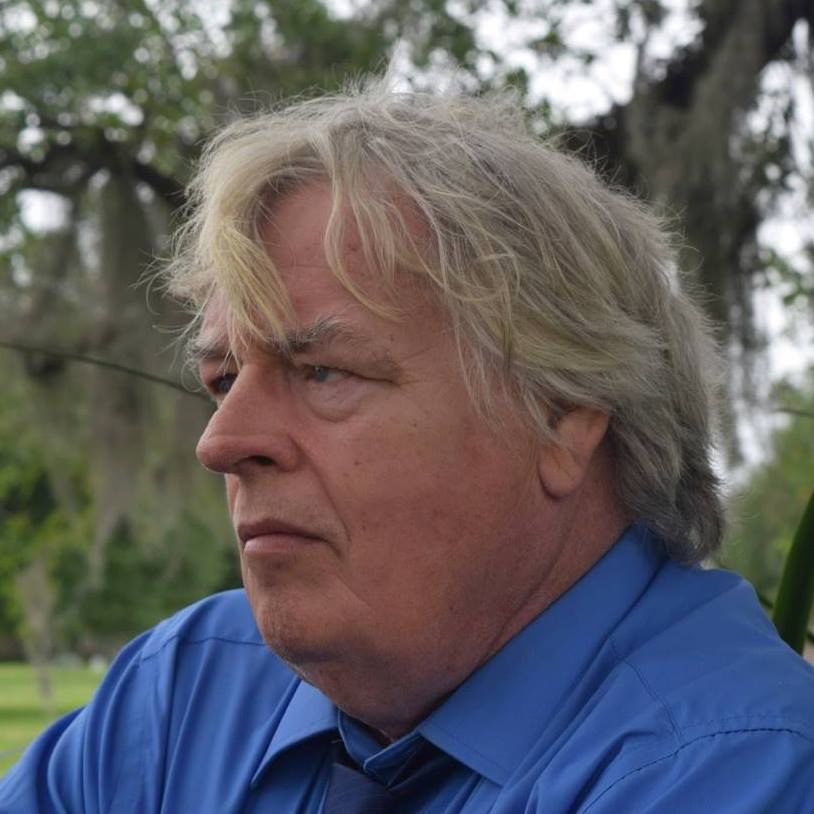Time for ExposeDat litigants to throw in the towel
August 10, 2017Bobby Moore
August 10, 2017By John DeSantis
Senior Staff Writer
The man with the hazel eyes rolling the pen between his fingers is Ben Meyers, and the place where he works sees people in need of mental health services who are over 40 years of age.
Those eyes have looked into the eyes of a lot of other folks during a career that goes back nearly a quarter century, showing the one he speaks with that he or she is being heard, projecting the empathy, and hopefully making the difference.
Because the people Ben sees are at risk. If that weren’t so then it would be difficult for them to get in front of the eyes.
These are people, some of them, who are at risk of being like some the issue of the paper today speaks of, the people who gave up, who decided it wasn’t worth fighting anymore. The bills, the abuse, the bullying, the electric getting turned off, lack of love, too much love, too much of the wrong kind of love, having no friends, having too many friends, having parents who were too strict and having parents who were too liberal. And then t here’s the whole brain chemistry thing. The manic behavior or the severely depressed behavior, or a brain disease like schizophrenia, maybe that’s never been treated, and with it a very altered reality from that others live in. All of these things put people at risk.
Ben Meyers is one of the people who works at placing them lesser at risk, if he can, if they will let him.
And since he’s done this for 23 years we will figure he has done a pretty good job and that’s why Thibodaux Regional Medical Center hired him.
The people Ben sees are likely in some form of crisis. His job is to figure out what services might help, and for this he relies on what information the people give him, and he hopes they are being honest.
There are more angels like this in and around our communities than you might realize, people whose entire professional existence is geared toward helping. They don’t get a lot of credit. They don’t get much praise. They get to know sometimes that they helped someone, maybe. Unfortunately sometimes they also learn that someone they have touched, maybe a long time ago, got sucked too far into the vortex.
A lot of people talk about kids when they are dealing with the topic of suicide, and teen suicide is a serious thing for sure. But its’s not the only thing. Like puppies versus dogs, adults get the short end of the stick in the sympathy department sometimes. So here we have Thibodaux Regional, an incredible resource in the community, and they have Ben Meyers, who is referred to by people who know him as an incredibly caring guy. And on both counts we are lucky.
Don’t try to call him a life saver.
“I don’t really think of myself that way,” he modestly says. “But if you are going to say that, there are a lot of life savers around, yes.”
So how does he accomplish what he does?
Ben says he wants to make a connection as early as he can in the continuum of them knowing they might need help.
“I need them to tell me their history and what led them to engage in behaviors, what might be a trigger for them, knowing the traumatic situations for people who grew up in dysfunctional families,” he explains when pressed. “We are trying to get them the help they need so we try to intervene at that point when they come here looking for some solution.”
The secrets stay in the office when Ben leaves at night and this keeps it all from coming home with him.
This is how he is able to be read for what will come the next day.
So how do we thank these heroes like Ben who are there, and at Leonard J. Chabert Medical Center, and at Compass and at the Start Corporation and all of the places where people are ready to help?
Ben says it is for us to seek the help out.
So if you can’t take it all anymore or think something is really wrong about how you are viewing life, what should you do? If it’s really that bad call 911. Or, as Ben mentions, phone a friend.
And what if the friend thinks they should phone 911?
Then do it, he recommends.
“If you think someone is in need of help then help get them the help they need,” Ben says. “Call a family member, reach out. Do what needs to be done to get them stabilized, to be in a safe environment. A lot of times people don’t want to call, they are afraid of all the commotion.
The commotion – uniforms, maybe emergency vehicles – is going to happen regardless.
But if that commotion happens before it’s too late, then the even worse commotion of silence—forever – can be avoided. And that more than anything else is what the heroes like Ben Meyers want you to know.









